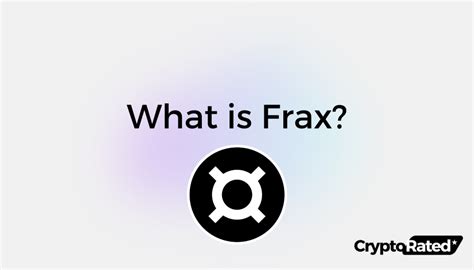Decentralized Stablecoins: A Guide for New Investors
In recent years, the cryptocurrency market has experienced significant growth and volatility. Some investors have benefited from the rise in prices of cryptocurrencies such as Bitcoin (BTC) and Ethereum (ETH), while others have lost significant amounts of capital due to price fluctuations. One area that has received attention recently is decentralized stablecoins.
What are decentralized stablecoins?
Decentralized stablecoins are a type of cryptocurrency that uses a unique algorithm to maintain their value against other fiat currencies, such as the United States dollar (USD). Unlike traditional cryptocurrencies such as Bitcoin and Ethereum, which are centralized and controlled by a single entity, decentralized stablecoins are distributed across multiple nodes on the network, making them more secure, transparent, and resistant to censorship.
Key Features of Decentralized Stablecoins
- Algorithmic Pricing: Decentralized stablecoins use sophisticated algorithms to continuously adjust their prices based on market conditions, ensuring that their value remains stable.
- Decentralized Governance

: Unlike centralized cryptocurrencies, decentralized stablecoins are governed by a community-driven process where holders can participate in decision-making and vote on proposals.
- High Liquidity: Decentralized stablecoins often have high liquidity, making them easy to buy and sell on exchanges without affecting the market price.
Benefits of Investing in Decentralized Stablecoins
- Higher Returns: Decentralized stablecoins often offer higher returns compared to traditional cryptocurrencies because their value is more stable.
- Lower Risk: Thanks to a decentralized algorithm-based approach, decentralized stablecoins are less susceptible to price manipulation and market volatility.
- Increase Transparency: A community-driven governance model ensures that all stakeholders have an equal voice in the decision-making process.
Popular Decentralized Stablecoins
- USDT (Tether): One of the most widely used and stable securities in the world, USDT is pegged to the US dollar.
- USD Coin (USD): Launched by the Bank for International Settlements (BIS), USD Coin is a decentralized stablecoin with a strong focus on security and liquidity.
- Paxos Standard: A decentralized stablecoin designed specifically for institutional investors, Paxos Standard offers a more traditional approach to price control.
Risks and Considerations
- Price Volatility: Decentralized stablecoins may still be subject to significant price fluctuations due to market conditions.
- Liquidity Risks: High liquidity can lead to increased trading, which may result in higher fees or wider price fluctuations.
- Regulatory Uncertainty: The regulatory environment for decentralized stablecoins continues to evolve and may impact their use.
Investing in Decentralized Stablecoins
If you are new to the world of cryptocurrencies, investing in decentralized stablecoins can be a great way to diversify your portfolio and take advantage of higher returns. Here are some tips to keep in mind:
- Do your due diligence: Understand the technology behind each stablecoin, its use cases, and potential risks.
- Diversify your portfolio: Minimize risk by spreading your investments across multiple stablecoins.
- Set clear investment goals: Determine how much you want to invest and what level of risk you are willing to take.
Conclusion
Decentralized stablecoins offer a promising new direction for investors looking to capitalize on the growing demand for stablecoins. By understanding the key features, benefits, and risks associated with decentralized stablecoins, you can make informed investment decisions and potentially achieve higher returns.

Add comment